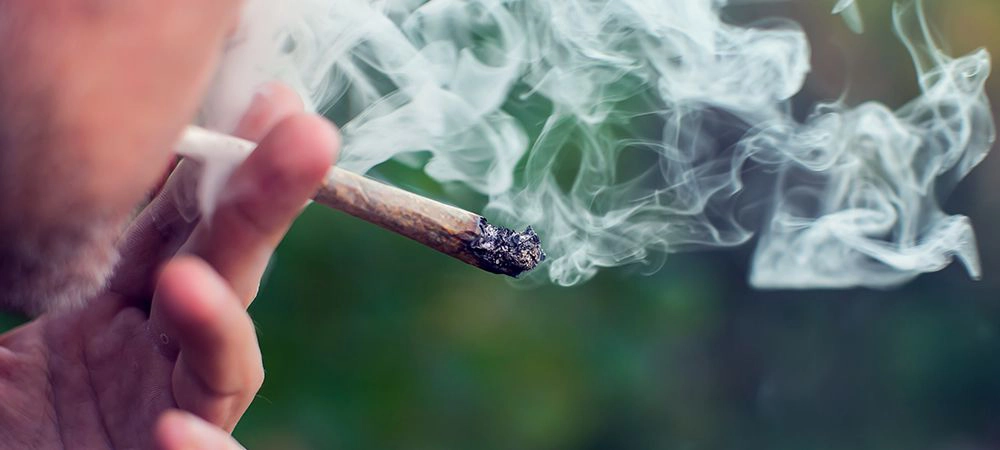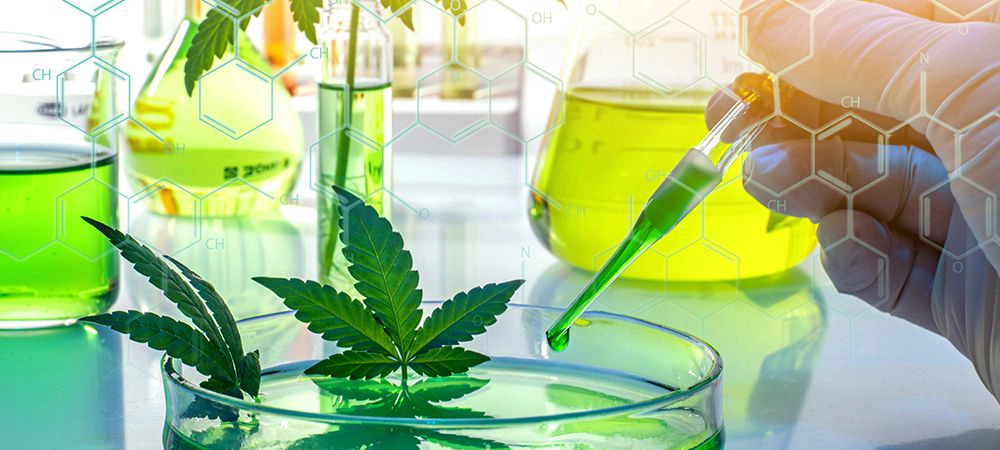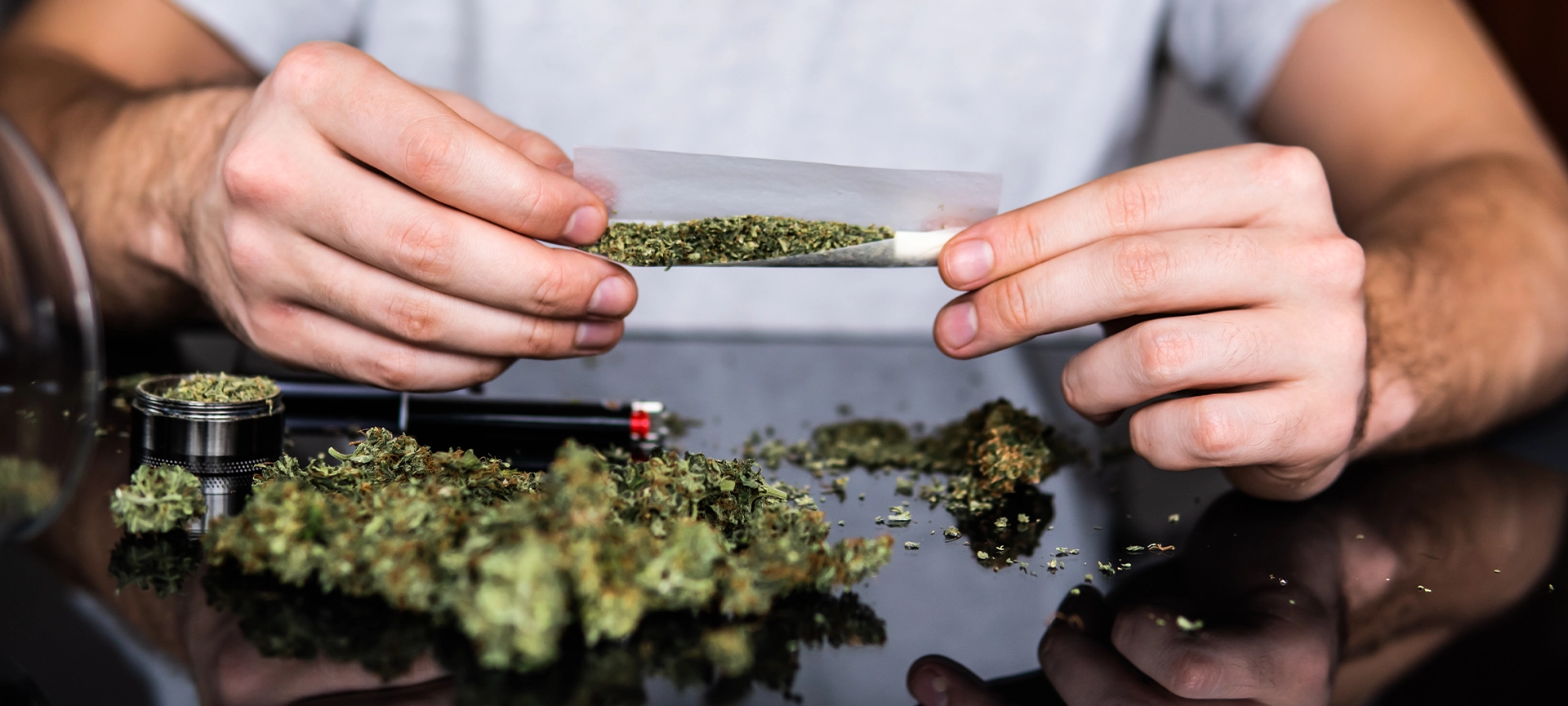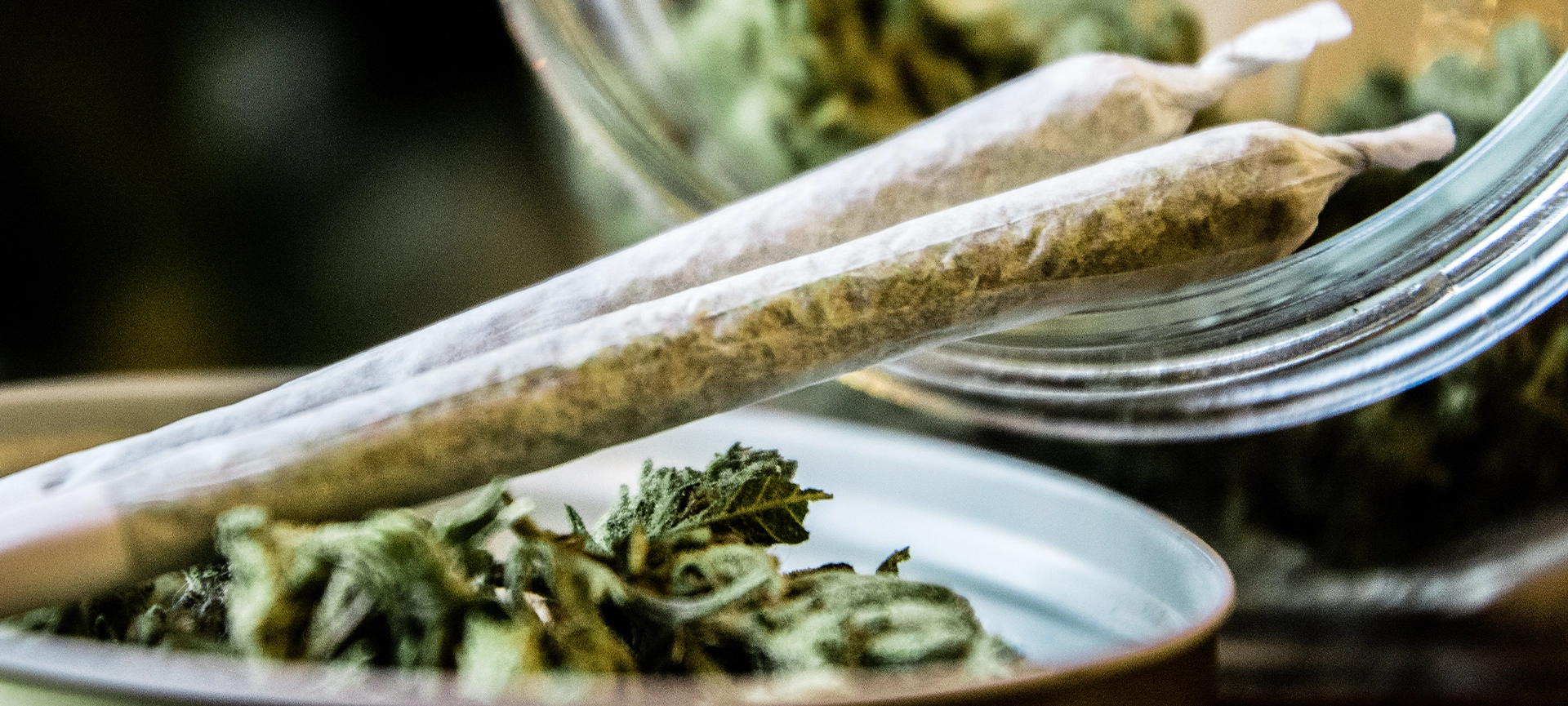Over the years the question “is marijuana addictive?” has become a controversial talking point. Marijuana is the most popular “formerly illicit” drug in Canada.
As a result of its legalization and medical applications, mainstream reports suggest that it’s harmless. However, it’s not a safe drug. Despite popular arguments on the contrary, studies have shown marijuana is habit-forming. Regular or heavy marijuana use will lead to addiction.
Today, many individuals use marijuana for several reasons. If you’re from a troubled home or facing financial troubles, it’s easy to see it as an escape from reality. As such, it’s unlikely you’ll assume you’re addicted to it. You’ll see it as an escape that offers pleasure.
If you’re bothered about whether marijuana is addictive or is truly a useful drug, keep reading! This article discusses the effects, symptoms, and causes of marijuana addiction. To cap it off, we’ll highlight statistics that show just how addictive marijuana is.
Can I Get Addicted To Marijuana?
The Diagnostic and Statistical Manual of Mental Disorders, (DSM-5) identifies marijuana as addictive. This means people who often use the drug may begin to show symptoms of addiction. This drug is addictive even if the majority of users claim otherwise. Constant marijuana use will lead to a use disorder. Mostly, this disorder often comes as addiction.
Recent data from the National Institute on Drug Abuse (NIDA) shows that individuals who take marijuana before the age of 18 are four times likely to develop an addiction. You can also develop marijuana addiction if you often abuse other drugs like opioids, alcohol, and heroin.
Developing a dependence or tolerance doesn’t mean you’re addicted to marijuana. But they serve as strong pointers that you may develop complicated problems from use.
One obvious sign of addiction is compulsive behaviour. Essentially, you’ll find it hard to control the use of the drug. This habit will then escalate in intensity and severity despite any obvious negative consequences.
How Marijuana Causes Addiction
Just like opiates and heroin, marijuana is addictive. Although its effects are generally mild, there’s every likelihood for you to form a dependence on it or worse addiction. Marijuana comes from the Cannabis plant. This plant contains an active ingredient known as Tetrahydrocannabinol (THC).
When you use marijuana, THC interacts with and activates Anandamide, a neurotransmitter. This causes a release of the happy hormone (dopamine) in the body. Keep in mind that dopamine is often linked with positive emotions that are referred to as “high”.
It further prompts the user’s brain pathways to recall the euphoric feelings and seek to repeat them. In simpler terms, THC causes a chemical torrent situation that makes you crave marijuana more. Over time, this’ll lead to addiction.
According to a recent study, younger individuals are more susceptible to the impacts of marijuana addiction and dependence. To cap it off, 2 in 20 marijuana users are likely to get addicted to it.
Related Article: How to Recognize the Signs of Marijuana Addiction
Factors that May Lead to Marijuana Addiction
Addiction has nothing to do with a lack of morals or weak willpower. Several factors can make marijuana addictive, regardless of your morals. This is why some people are more prone to developing a marijuana addiction.
Genetics
Addiction is a function of the chemical effects that happen in your body when the drug is absent. The variance in physical composition is why marijuana is addictive in some people while
others can control their usage.
Heredity is one important risk factor. If any of your family members have suffered addiction, you’re likely to experience it as well. Therefore, if a trait of “addictive personality” is present in you, you should stay away from smoking weed.
Method of use
When you inhale or inject a drug, there is a high chance of addiction. This is in contrast to drugs that can only be ingested. It’s why marijuana is addictive.
When you smoke marijuana, it goes into your bloodstream and brain rather than passing through the intestines and liver where its effects may be filtered. As such, the psychoactive effects are stronger. Consequently, that’ll affect your brain chemistry and disposition to the drug.
Environment
Can I get addicted to marijuana? If you’re always with cannabis smokers, then yes you can get addicted. You may begin by testing it and before you realize it, you’re craving more.
If your social group comprises heavy marijuana smokers, then you’re at risk of addiction. The same goes for people who grow up in the care of addicted parents or guardians. Your immediate environment can influence your drug use patterns.
Dual diagnoses
A dual diagnosis means you have a mental ailment and addictive disorder. If you’re facing underlying health problems like anxiety and depression, marijuana may seem like a solution.
You may turn to it because it lessens your depression and makes you “happier”. However, in the long run, you may develop an addiction.
Marijuana Addiction and Legalization
Recent legislation in Canada means wherever you are in the country, you can legally buy marijuana. This legal permission is not only limited to medical purposes. You can smoke and also ingest it as edibles.
Just across the border in the USA, the Drug Enforcement Administration (DEA), groups marijuana along with other drugs like cocaine as a Schedule I drug. This means it poses a high risk of abuse, severe dependence and has no medical value.
Therefore, the fact that marijuana is legalized for its therapeutic value is quite surprising. Sure, there is some evidence that marijuana helps people with medical problems like neuropathic pain and nausea. However, the risk factors for marijuana addiction aren’t worth the supposed medical benefits.
The difference in marijuana laws is a source of confusion among Canadians. For this reason, some individuals interpret the legality of the drug to mean not addictive or harmful.
Nevertheless, as mentioned earlier, marijuana abuse and addiction can pose fatal health risks. It can also result in severe physiological problems like insomnia, anxiety, impaired memory, and other ailments. Just because a state legalizes the drug doesn’t mean it’s safe.
Signs of Marijuana Addiction
Although marijuana is addictive, just like any drug, the symptoms won’t appear at once but gradually. Except you know what to look for, it’s very difficult to determine the presence of a problem.
Here are some telltale signs of marijuana abuse and addiction:
Withdrawal symptoms
Although few marijuana users build a tolerance to THC, many experience withdrawal symptoms when the drug is absent in their body. Common marijuana withdrawal symptoms include:
- Irritability
- Excessive salivation
- Insomnia and anxiety
- Fatigue
- Reduced pulse
- Loss of appetite
If you notice any of the above anytime you stop using, you’re probably addicted to marijuana.
Physical Dependence
Once you build tolerance for cannabis, dependence follows. What this means is you’ll need a larger amount of the drug to get high. Therefore, if you take a lower dosage of weed, your body will offset the difference and increase a function it suppressed.
Perhaps, when you take marijuana it improves your mood or lowers your heart rate. With a smaller amount of it, you may feel an increase in heart rate, irritability and depressive feelings.
Other symptoms of physical dependence on marijuana include:
- Neglecting daily activities/obligations for marijuana
- Craving marijuana
- Financial problems as a result of spending on cannabis
- Aggressive behaviour
- Spending time taking and purchasing marijuana
- Mood swings
- Facing problems at school, work, or home due to marijuana
- Consuming marijuana in dangerous situations. For instance, while driving.
With time, physical dependence on marijuana can lead to harmful effects like memory loss, drop in IQ, and lung problems. You can also develop psychiatric issues.
Effects of Marijuana on the Body
Since it’s a psychoactive drug, it’s not surprising that marijuana is addictive. The effects of marijuana depend on how you take it. Smoking marijuana gets you high faster than eating it.
Mostly, the effects of marijuana last for a few hours. However, if the THC is highly strong, it may take longer for it to wear off.
Here are the effects of marijuana use:
- Feelings of euphoria
- Hallucinations
- Calmness
- Increased appetite
Today the THC in pot has increased by 300 percent compared to the pot smoked in the 1960s. This has also contributed to the increase in marijuana addiction potential.
Marijuana Addiction Statistics in Canada
According to the Canadian Tobacco and Alcohol Drug Survey, 15% (4.4 million) of Canadians from the age of 15 and above smoke pot. While 19% of users are between the age of 15 to 19, 33% of pot users fall between the age of 20 to 24 and 13% between the age of 25 to 30. According to this survey, 18% of marijuana users are students in grades 7 to 12.
Is Marijuana addictive? Well, from the survey, 75% overall mentioned cannabis to be harmful and addictive. Similarly, 66% agreed pot was addictive if smoked daily. At the same time, 88% of Canadians mentioned that youths were at a greater risk of harm and getting addicted to it than adults.
In Canada, only about 65% of addicts have sought help through marijuana detox and rehab services. Lastly, the demographic survey showed that 31% of males and 23% of females got addicted over 12 months. The marijuana addiction rate was higher among bisexuals (55%), homosexuals (43%), and other sexualities (45%).
Marijuana Addiction Treatment
Research by the Substance Abuse and Mental Health Services Administration shows that over 4 million individuals struggle to overcome marijuana abuse. Of this number, only about 200,000 people seek treatment for it. Besides, 50% of these individuals were forced into treatment after getting court-ordered rehab.
This goes without saying that several people will rather choose to battle addiction alone than seek help. However, getting proficient treatment is the best way to quit. Drug addiction is like a heart disease that can only be better with medical attention.
Treatment offers you several options like:
- Outpatient rehab
- Inpatient care
- Behavioural therapy
- Support groups
Although most treatments are on an outpatient basis, you can still opt for any of the above. If you’re considering getting help, meet with a drug abuse expert to know the kind of program that’ll meet your psychological and medical needs.
Related Article: Do Marijuana Addiction Treatments Work?
Kickstart your Recovery
Regardless of your stance on what makes marijuana addictive, the fact remains that addiction to the substance is a real possibility. Every day, several people develop marijuana addiction and seek help for it.
Despite how pot is portrayed in the medical field and on TV, it’s harmful. Your life is much more important than a few minutes of pleasure.
If you’re worried about marijuana addiction and have experienced a relapse when you quit, speak with a professional. You don’t have to wait for the pressure of your family, employers, or friends before getting treatment.
We at Addiction Rehab Toronto have experienced specialists to treat your addiction. No matter the problem — perhaps you’re scared, depressed or anxious — our marijuana addiction treatment services can help.
Let’s help you chart a path to long-term sobriety. Contact us today to learn more!









